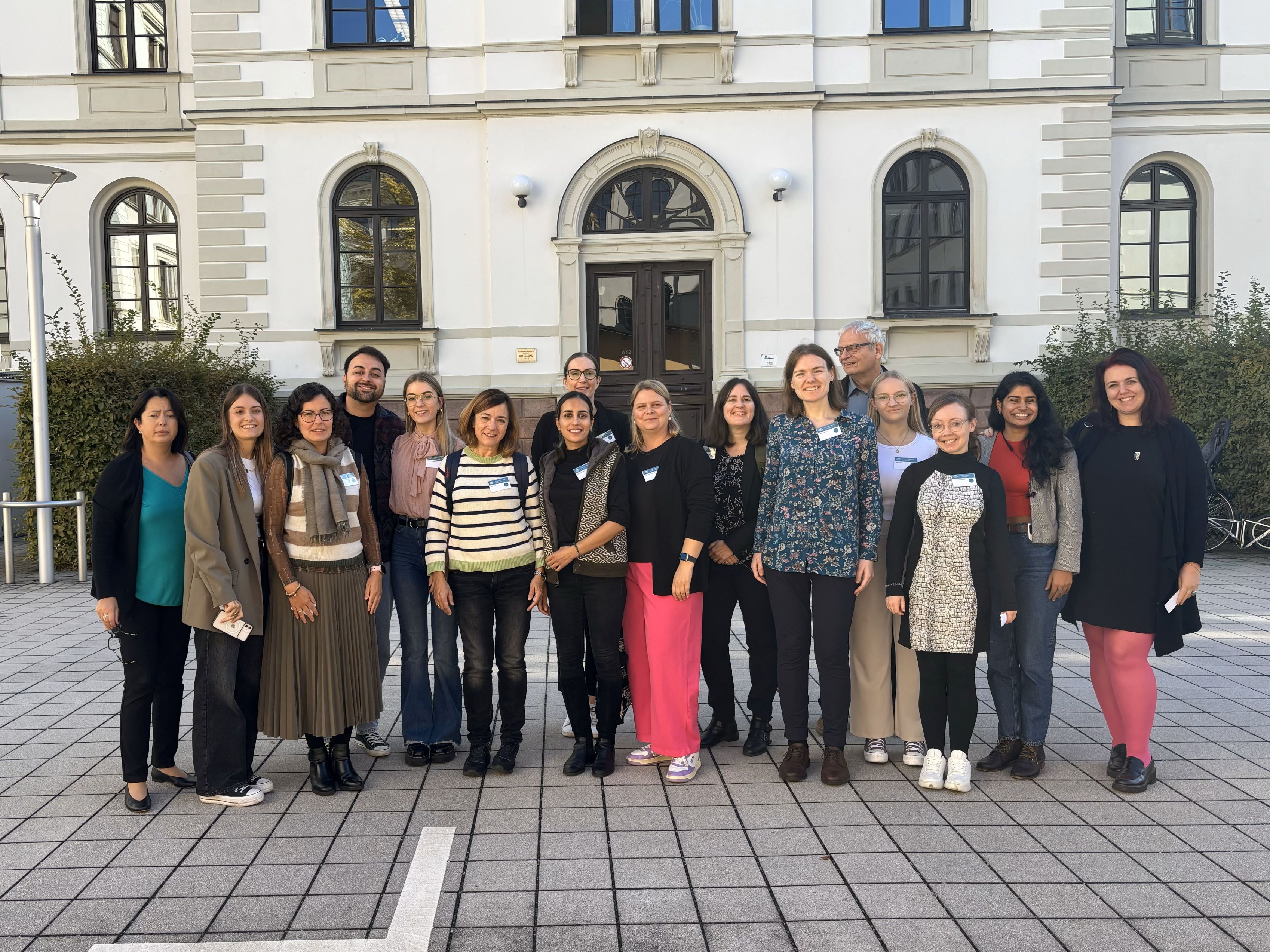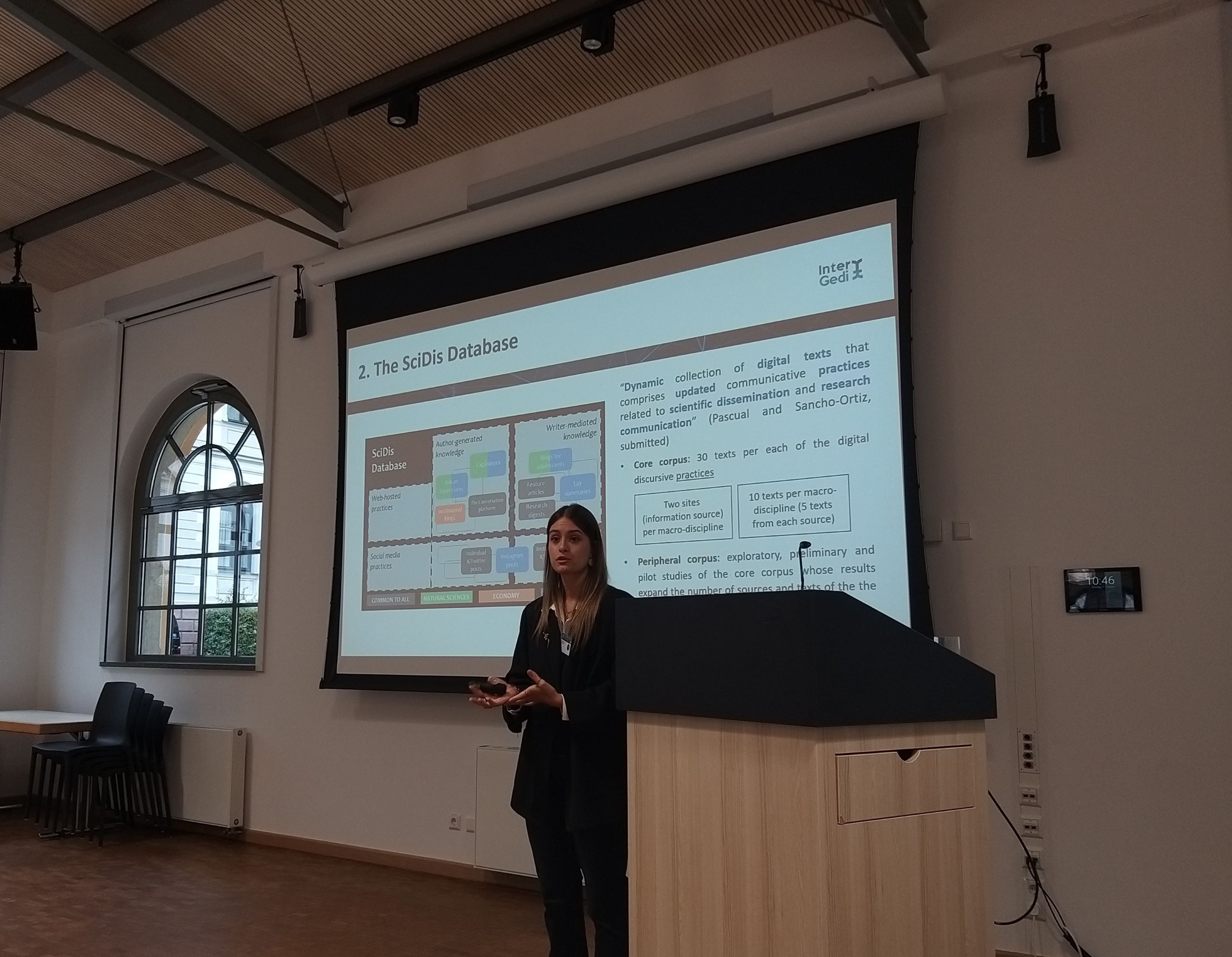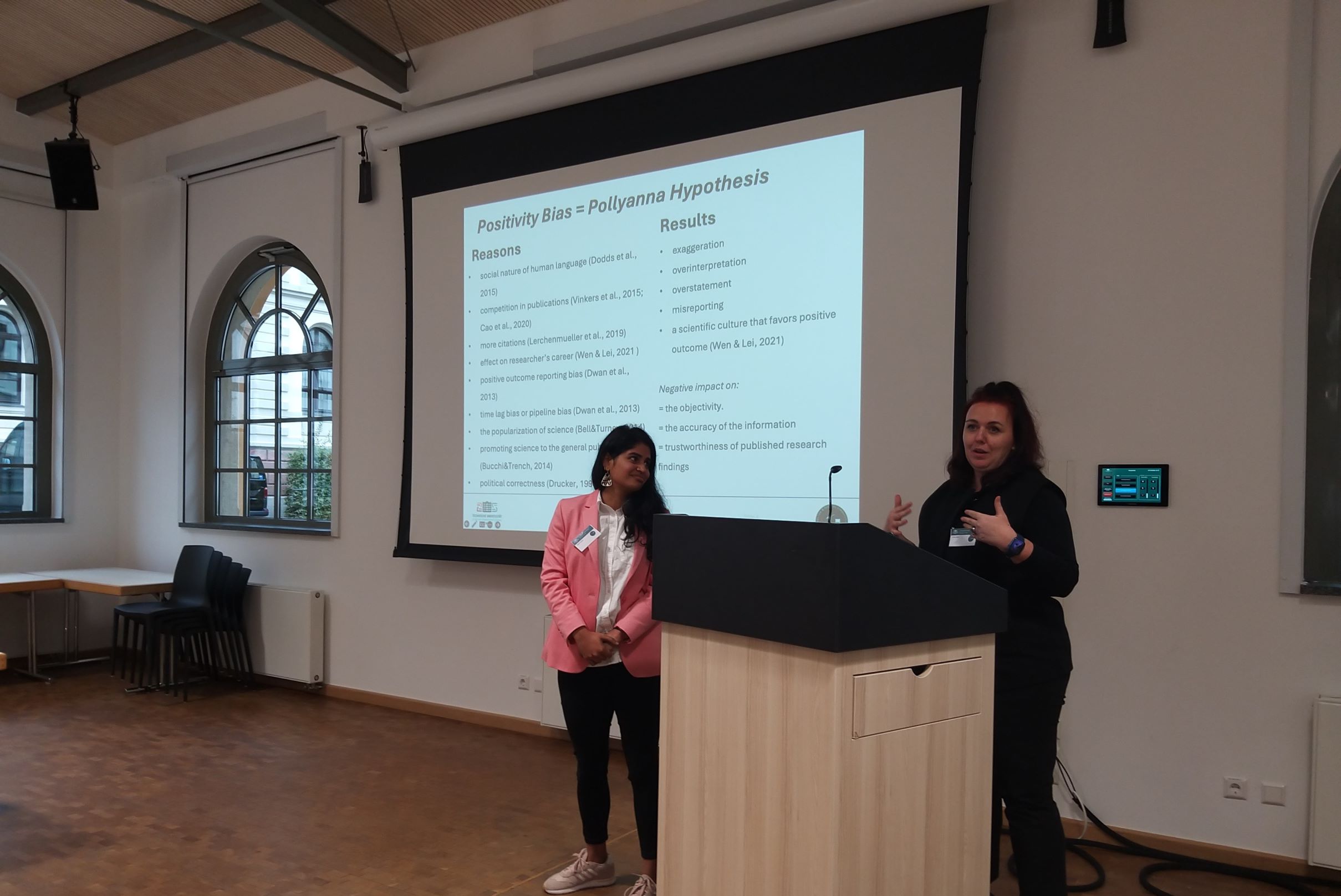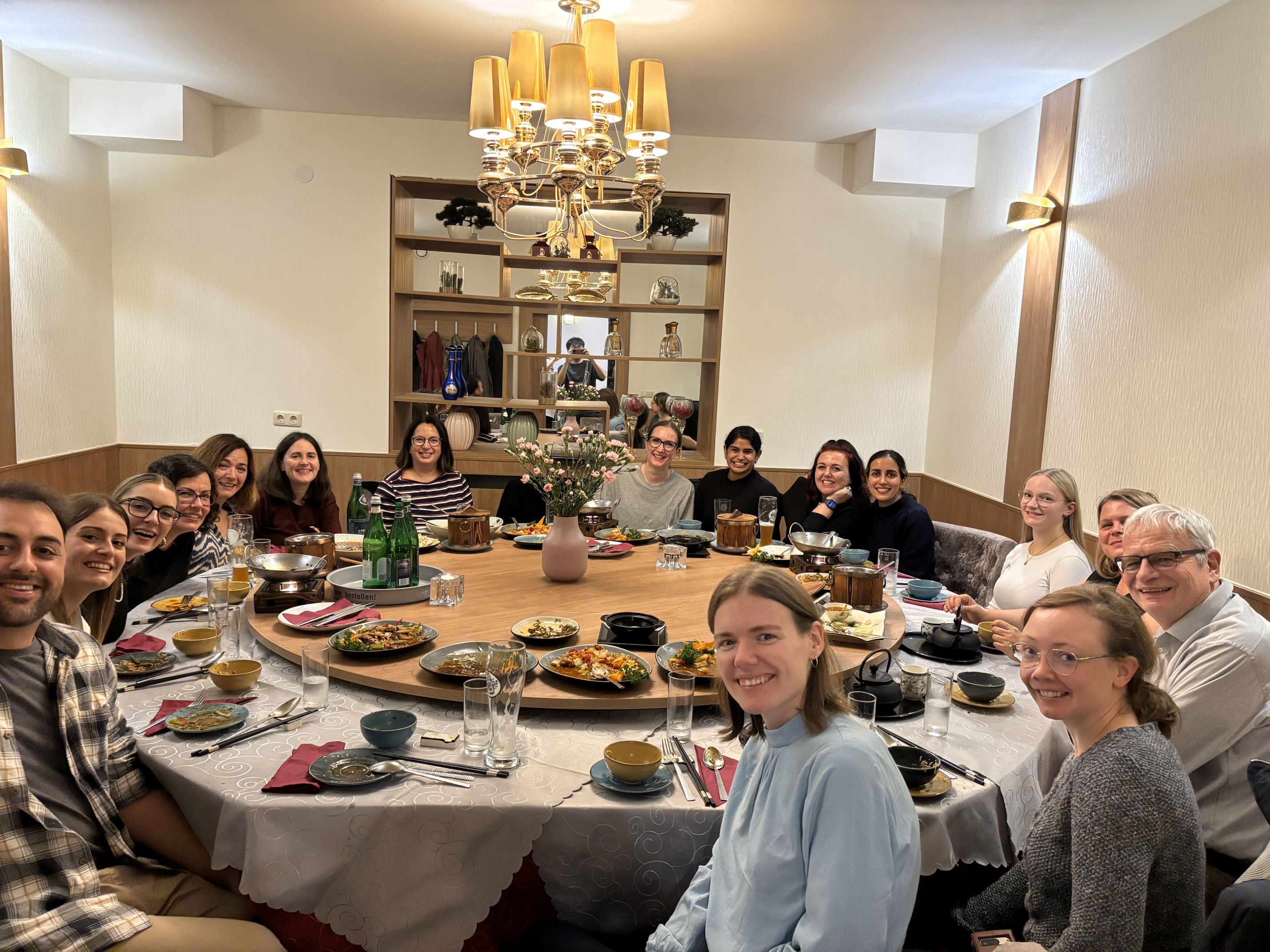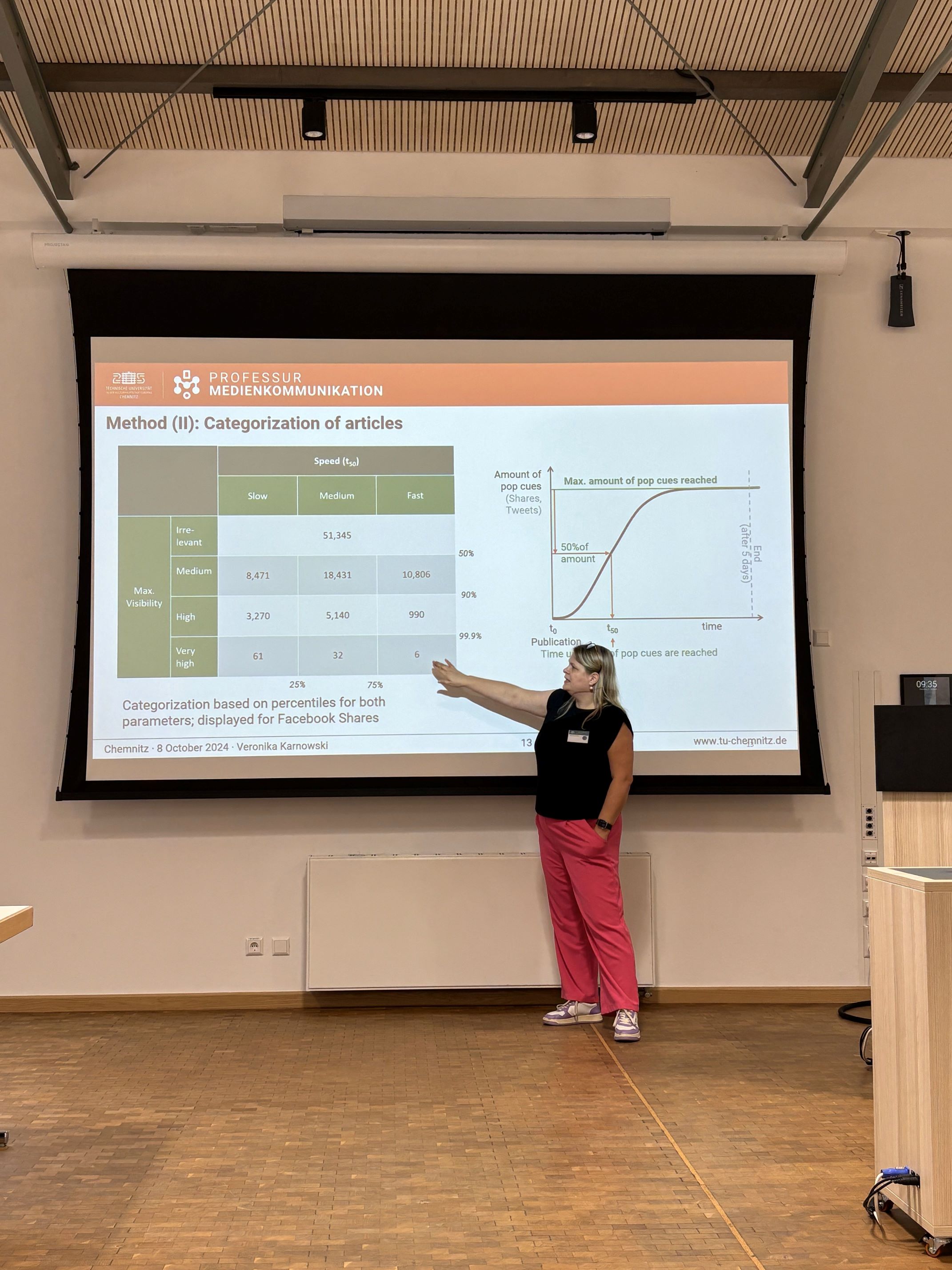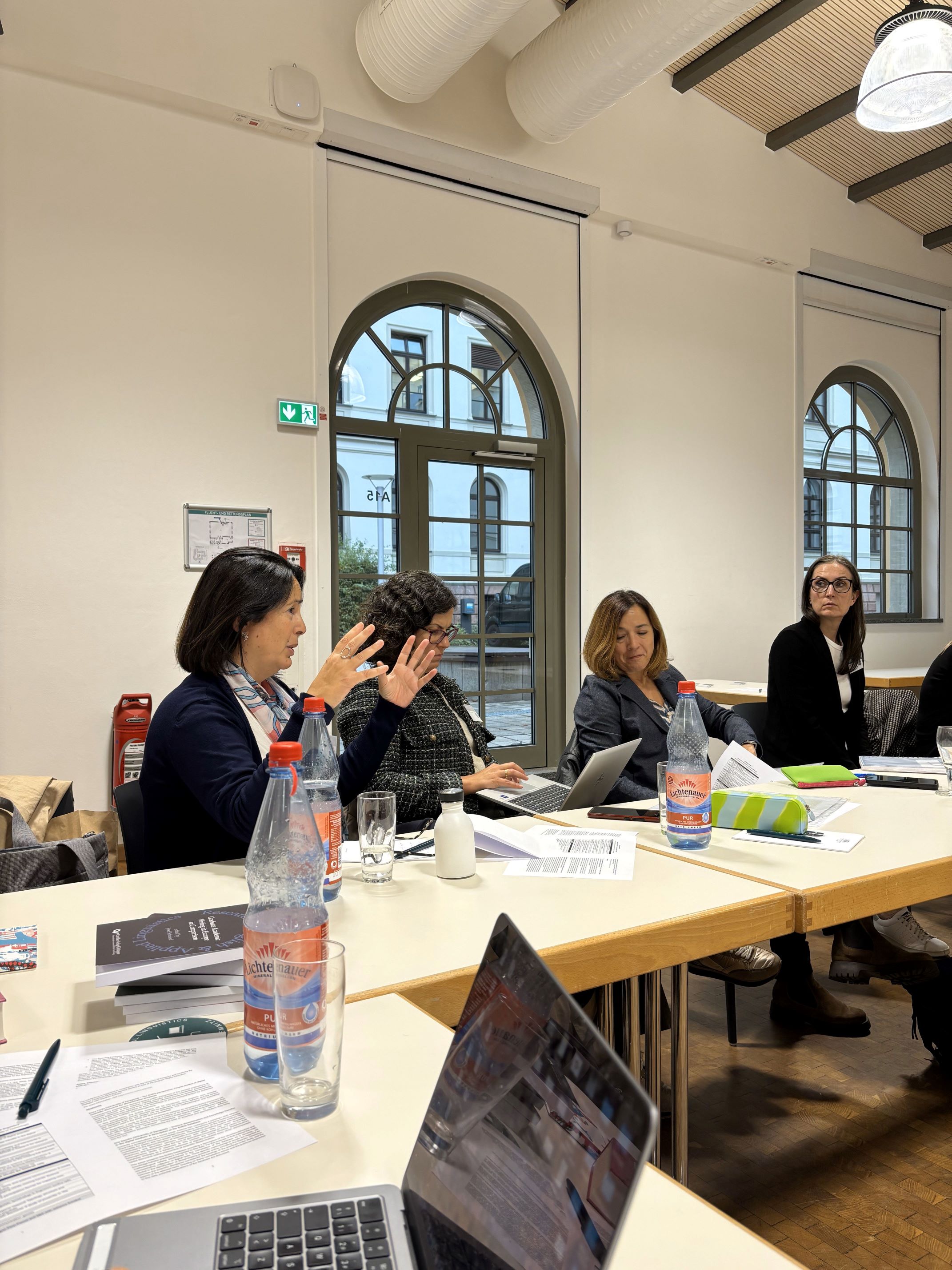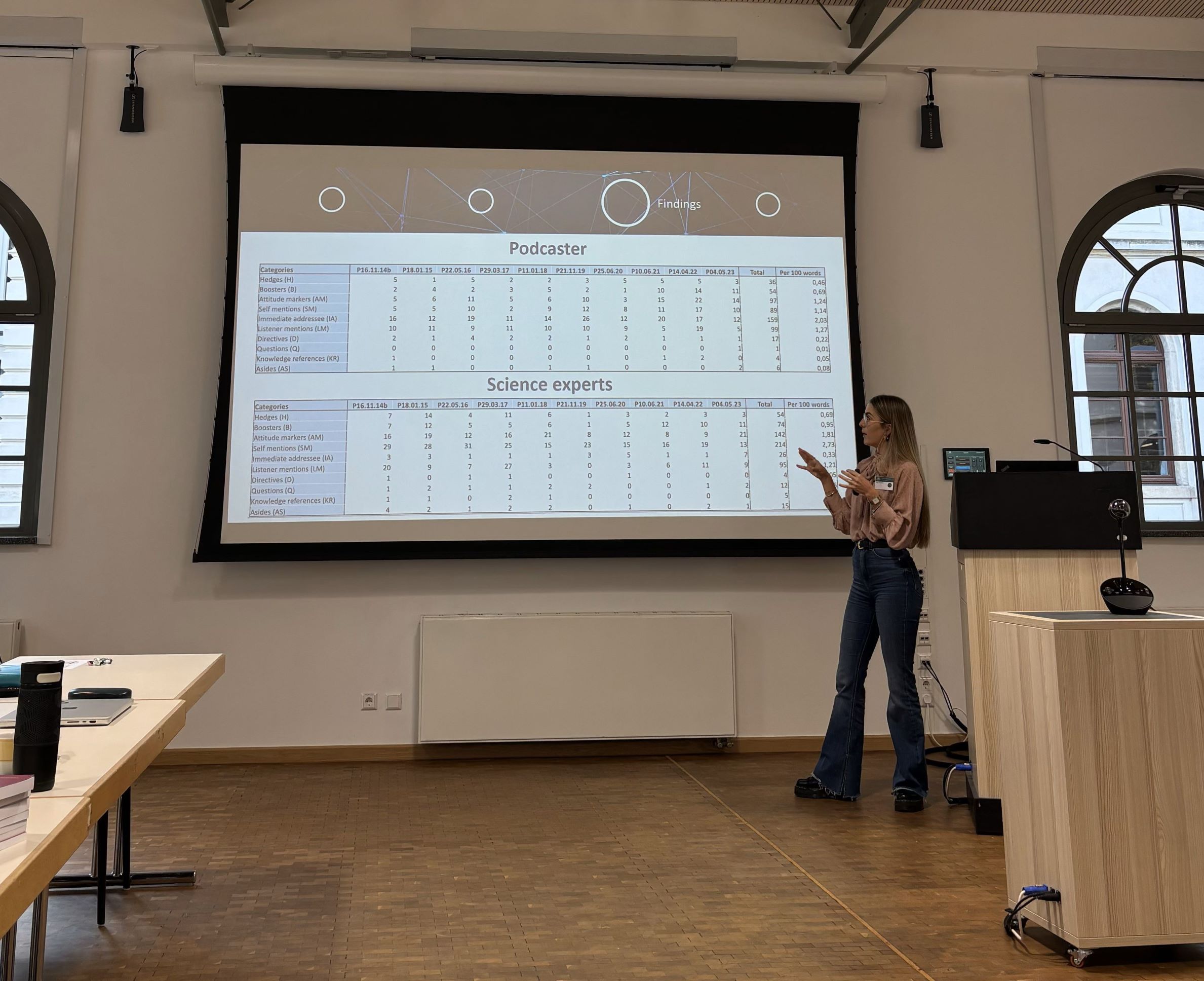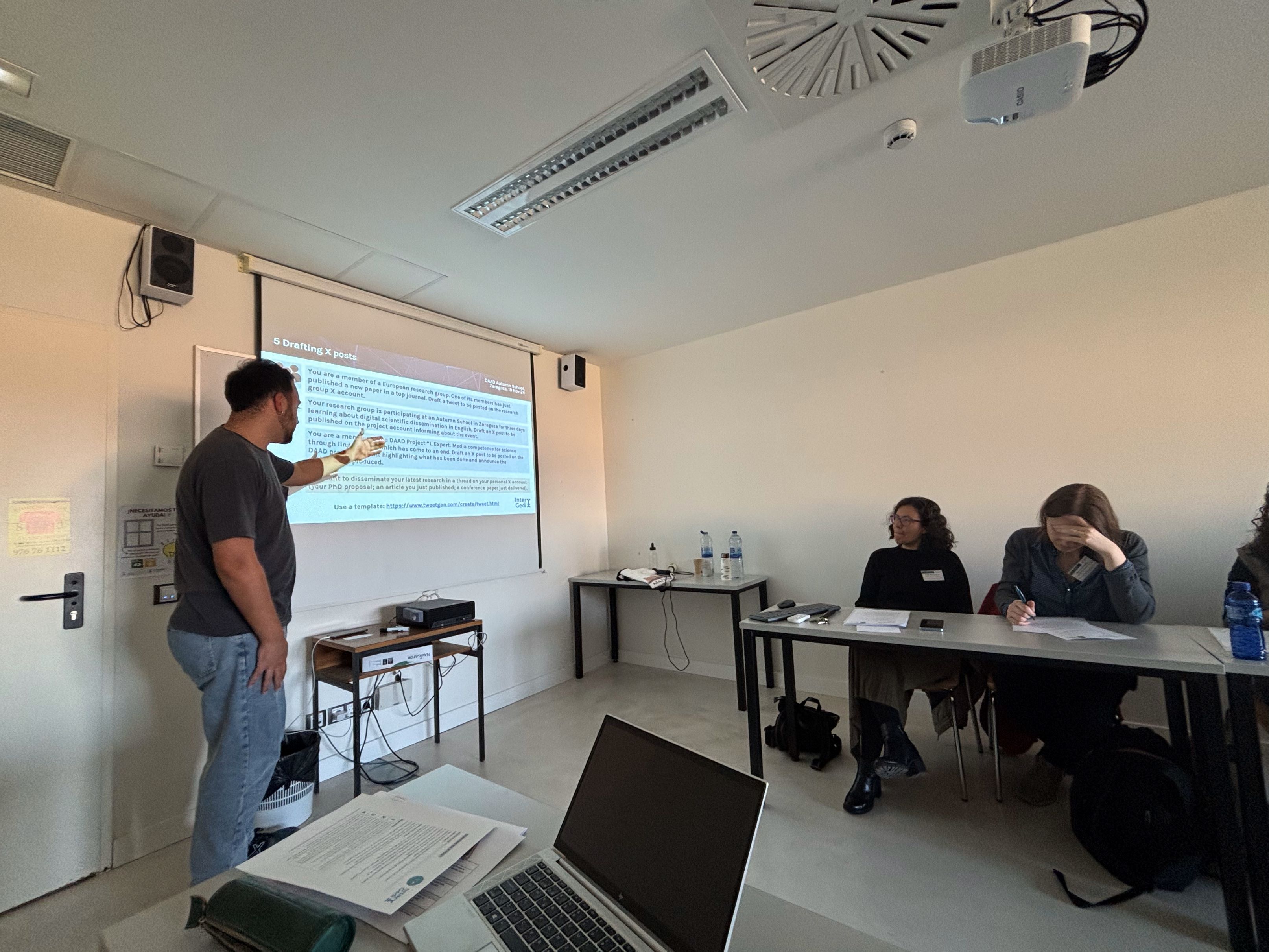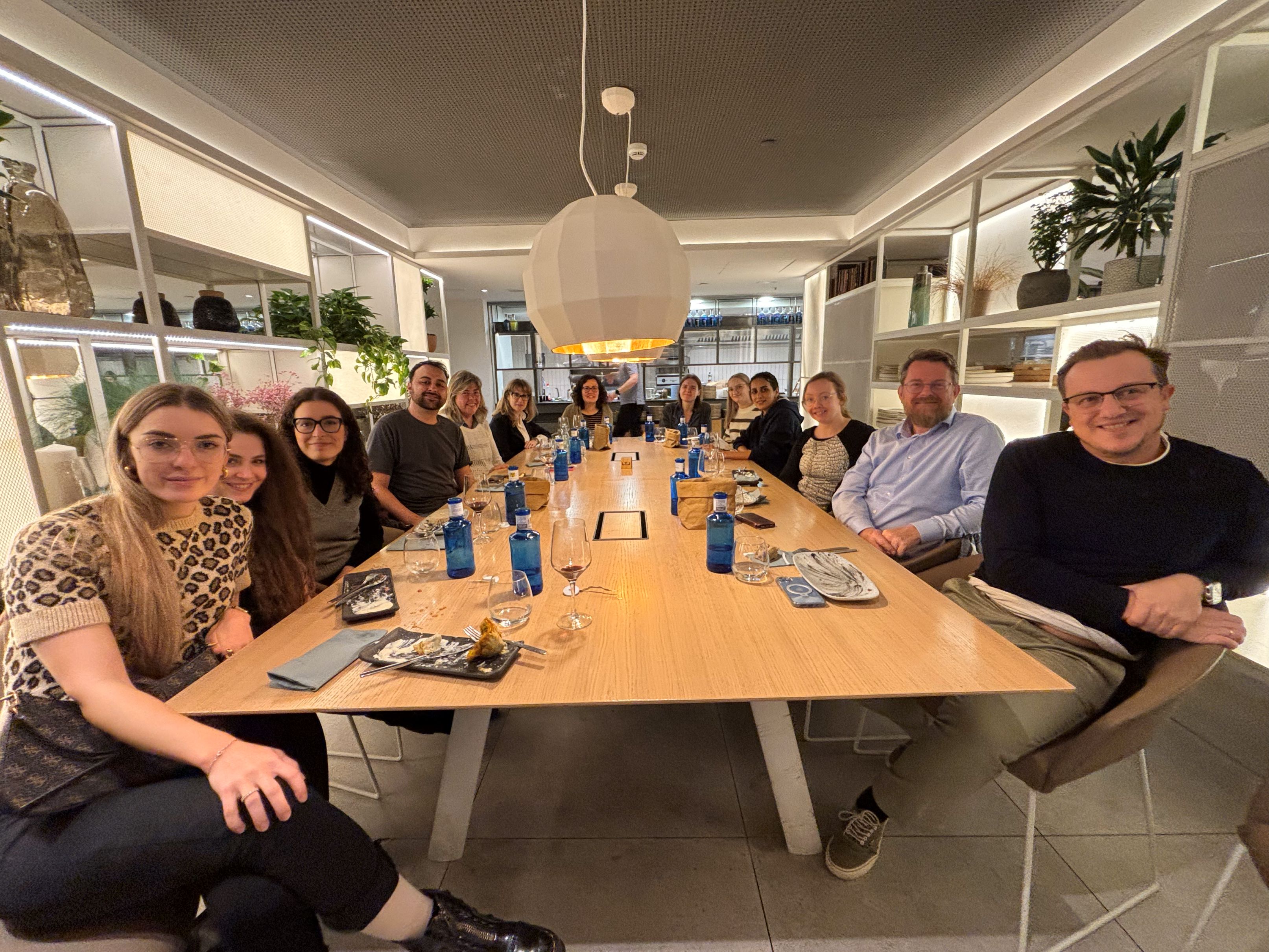I, Expert: Media competence for science through linguistics
The project is part of the 2024 DAAD program “Higher Education Dialogue with South Europe” and brings together researchers in English and Digital Linguistics at Chemnitz University of Technology and researchers in science communication at the University of Zaragoza, Spain. The project aims to promote language awareness in science communication so that researchers can disseminate their results credibly and citizens can digest them effectively.
Conference in Chemnitz (7-8 October 2024, Altes Heizhaus)
The "I, Expert" conference at Chemnitz University of Technology promotes the scientific dialogue on the latest research findings of the partners from Chemnitz and Zaragoza. The participants will report on topics such as recontextualisation in science communication, the discourse of different genres of science communication and their own experiences in science communication. Students and young scientists will also present their research projects and receive valuable feedback. In a workshop, the participants will draw up a list of genres in science communication and characterise these genres. The list will be used to create the best practice collection during the autumn school.
The conference speakers are kindly asked to complete this short survey regarding the meals and activities they plan to attend by Friday, 27 September 2024: https://bildungsportal.sachsen.de/umfragen/limesurvey/index.php/815474?lang=en
Autumn School in Zaragoza (19-21 November 2024)
The "I, Expert" autumn school at the University of Zaragoza brings together bachelor's, master's and doctoral students as well as researchers from Chemnitz and Zaragoza. We will discuss positive examples of science communication and develop criteria for assessing the quality of science communication. We will then use these criteria to create and annotate a collection of best practices in science communication and publish them on the project website and the version control platform GitHub. Participants will gain practical insights into science communication from a local perspective in a meeting with the university's press office.
Please send a letter of motivation (about 500 words) describing your connection to the topic of the autumn school and a discussion of a good example of science communicaton by 10 November 2024 to Marina Ivanova at marina.ivanova@…
Annotated collection of science communication texts
This is a collection of example Twitter/X posts and press releases with comments on their language. The texts and the description of their linguistic strategies are meant to help researchers write their own texts. Still, different contexts, audiences, and personal writing styles will likely require different formulations. While there is no one-size-fits-all solution for writing effective X posts and press releases, this collection provides some useful guidelines for science communication.
Examples of X posts and press releases with different overall communicative purposes are offered:
- X posts to announce and promote a new publication of a member of a research project
- X posts establishing networks by providing information on a specific academic event
- X posts on a research/cooperation project
- X posts in individual accounts announcing research undertaken or published.
- Press release to announce and promote a new publication
- Press release to report on an academic event and promote its results
Annotated example press releases
Updates on the documents can be traced in the project's GitHub repository: https://github.com/mbisivan/SciComExpert

